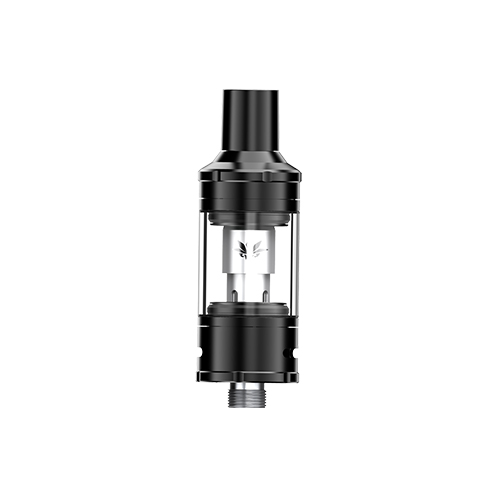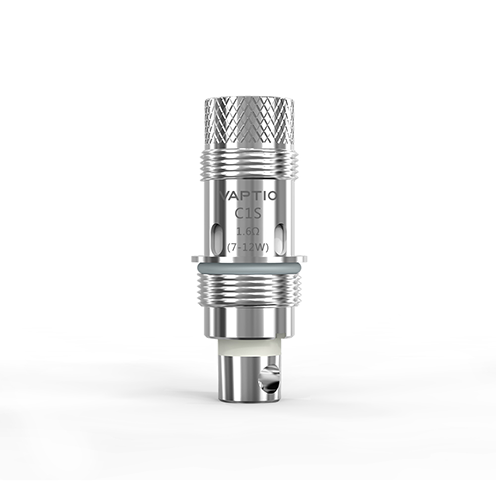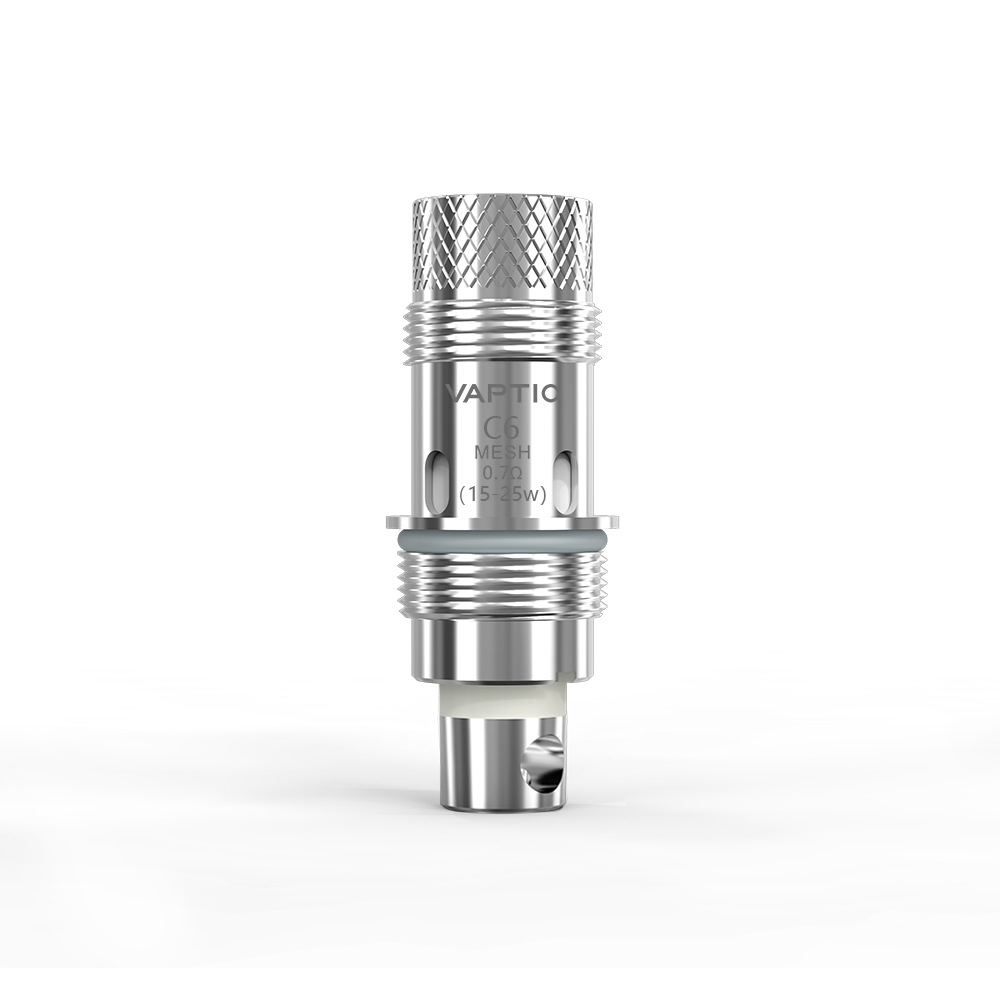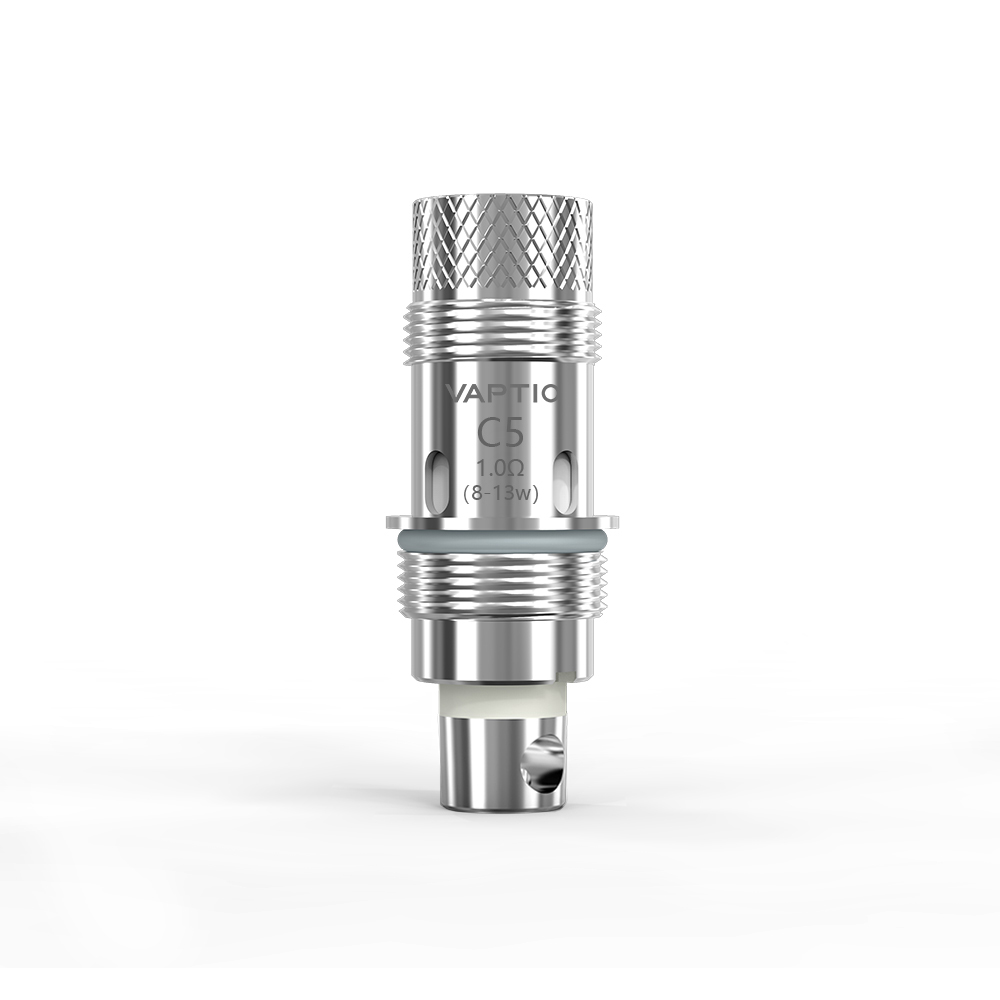One year ago, reports began to detail a serious lung condition that resulted in 2807 cases and 68 deaths. Ever quick to see an opportunity, those opposed to tobacco harm reduction and vaping were quick to label it EVALI, standing for “e-cigarette, or vaping, product use-associated lung injury”.
As many were quick to point out, the problem with this categorisation was clear – it had absolutely nothing to do with vaping or e-cigarettes. As the UK government noted: “the CDC [USA Centers for Disease Control] has identified vitamin E acetate as a chemical of concern.” [link]
Earlier this year, Professor Peter Hajek, Director of the Tobacco Dependence Research Unit, Queen Mary University of London, said: “In August last year, an outbreak of acute lung injuries has developed in the USA, affecting mostly young people who vaped illegal marijuana (THC) cartridges. A small proportion denied using marijuana, but this could be e.g. in states where such use is a criminal offence or where parents were present during their hospital visit. Indeed, it later turned out that all laboratory samples taken from people with confirmed diagnosis, of whom some denied THC use, contained a contaminant found in these cartridges (Vitamin E acetate, used to improve THC viscosity).”
Facts don’t matter to The Lancet’s editorial board when it comes to vaping, and the piece contains frequent intentional links to ecigs in order to muddy the waters and lead in to saying “the effects of vaping might now be colliding with the risk of COVID-19”.
Without any evidence to demonstrate a clear link between vaping and contracting severe COVID-19 symptoms, the editorial continues: “Although those of a younger age are generally thought to be at a lower risk of developing COVID-19 disease than older age groups, all efforts should be made to prevent a young and susceptible population from vaping.”
“More than a million have quit in the UK during the pandemic,” it says, referencing an ASH UK study that weakly extrapolated from a sample to a population level figure; a finding that was roundly mocked at the time.
The invisible hands behind the keyboard invoke a phrase much loved by Martin McKee – “the precautionary principle”; an approach littered with mights, coulds, and possiblies, while failing to provide an iota of genuine evidence other than a flawed emotional call-back to EVALI.
If there is one thing that The Lancet should take from EVALI, it is that it failed to look for genuine causes, preferring to jump on the back of vaping from the outset. The editorial board fails to accept it got it wrong, preferring to taint tobacco harm reduction and use that to feed an ideological and evidence-free drive to link vaping to contracting the coronavirus.
Professor Ricardo Polosa has said: “The authors are presenting evidence that is devoid of science. It is well known that EVALI has nothing to do with commercially available nicotine vaping products and there is no increased risk of a COVID-19 diagnosis among those who vape.”
Foundation for a Smoke Free World’s Derek Yach added: “[Linking vaping to COVID-19] is a spurious association not supported by the data.”
News from: https://www.planetofthevapes.co.uk/news/vaping-news/2020-09-04_lamentable-lancet-editorial.html


















